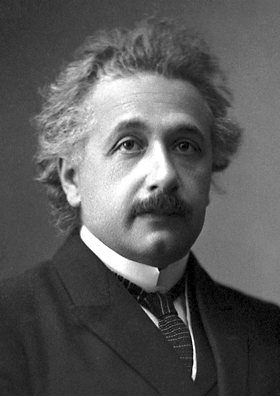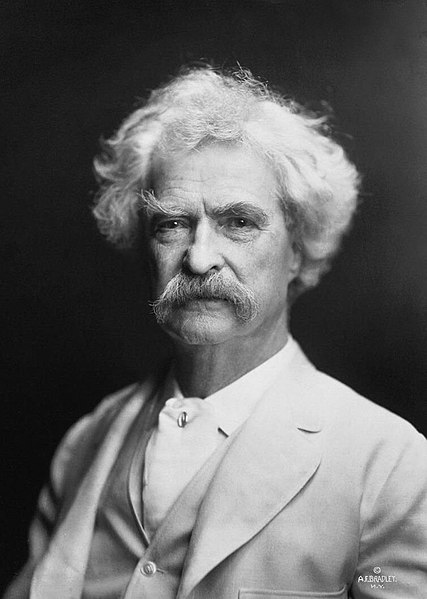The atheist blog Ungodly News has just released a Periodic Table of Atheists and Antitheists. While I admire its artistry, I deplore its lack of accuracy. At least three of the people listed as atheists or anti-theists were nothing of the sort: Albert Einstein, Mark Twain and (in his final days) Jean-Paul Sartre. I realize that the last name will shock many readers. I’ll say more about Sartre anon.
I’m a great admirer of Einstein (who isn’t?) and a fan of Mark Twain, whose house I visited in December 1994. And I thoroughly enjoyed reading Sartre’s Les Mains Sales (Dirty Hands) in high school. When he wrote that play in 1948, Sartre was a militant atheist, but as we’ll see, Sartre’s views changed in his final years. These three authors I treasure, so I say to the atheists: you can’t have them!
There are three more people on Ungodly News’ periodic table who, in the interests of historical accuracy, I have to say don’t belong there either: Charles Darwin, Thomas Henry Huxley and Bill Gates. All three are (or were) agnostics, not atheists, and as I’ll argue below, while these thinkers all reject the claims of revealed religion, none of them deserves to be called an anti-theist. It is an undeniable historical fact, however, that the ideas disseminated by Darwin and Huxley have caused many people to lose their faith in God.
Atheists love to claim Albert Einstein as one of their own, but he was nothing of the sort.
[This post will remain at the top of the page until 6:00 am EST tomorrow, June 28. For reader convenience, other coverage continues below. – UD News]
Read More ›
 In “Quantum Magic’ Without Any ‘Spooky Action at a Distance” (ScienceDaily, June 25, 2011), we
In “Quantum Magic’ Without Any ‘Spooky Action at a Distance” (ScienceDaily, June 25, 2011), we 




